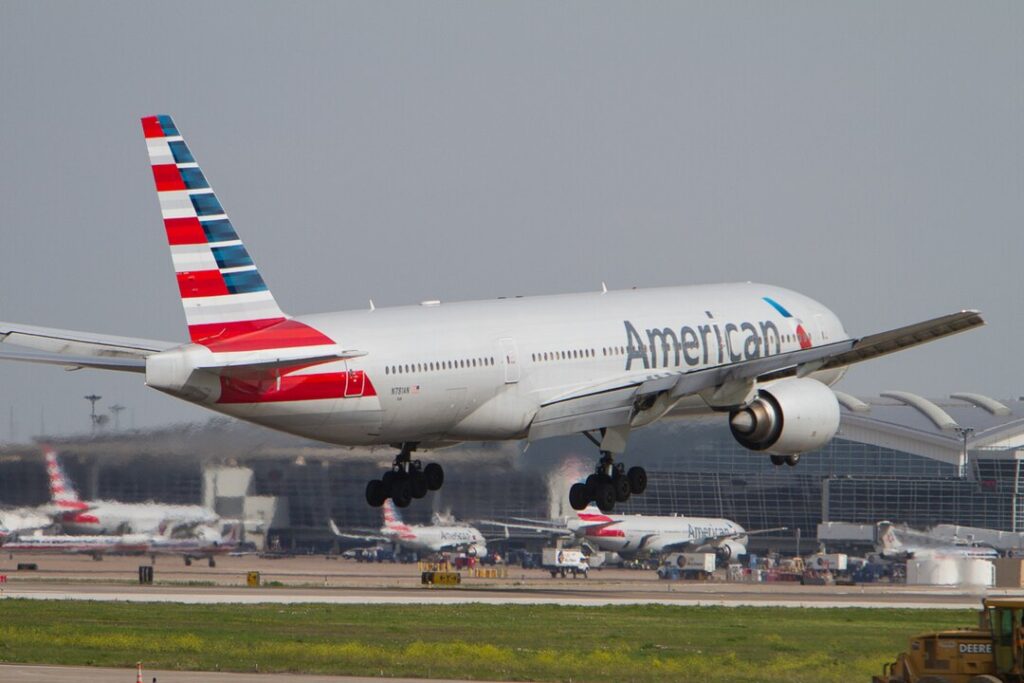BOSTON- A new proposed rule by the Federal Aviation Administration (FAA) has suggested that more GE Aerospace GE90 turbofans (powers Boeing 777) could contain compressor components with a defect related to ‘iron inclusion.’
Unveiled by the US government on September 1st, the proposed rule, once approved, would mandate airlines to replace certain components within select GE90 engines ‘before further flight.’ The components in question comprise high-pressure turbine discs, rotor spools, and compressor seals.

Boeing 777 GE90 Defect
The FAA has put forward an airworthiness directive (AD), the most recent in a series of regulatory directives, following revelations that various GE Aerospace engines may contain components produced using a substance the FAA terms ‘powered metal material suspected to contain iron inclusion.’
According to the FAA’s latest proposal, ‘iron inclusion’ is linked to manufacturing process deficiencies and could lead to decreased material quality and diminished fatigue life capacity, potentially resulting in premature fractures and uncontained failures.
GE has stated that the proposal aligns with their existing recommendations to operators and underscores their proactive stance on safety management.
They further clarified that the issue does not pose a threat to flight safety and that they are fully aware of the problem and are implementing corrective measures.

Not the First Time
In 2022, the FAA issued airworthiness directives (ADs) indicating that certain GE90s, GEnx, and CFM International Leap turbofan engines might incorporate components manufactured using material suspected of containing iron inclusion.
Subsequently, additional Leaps and GEnx engines were identified as potentially affected in the current year.
A joint venture between GE Aerospace and Safran Aircraft Engines produces various components for the Leap engine, including compressors, combustors, and high-pressure turbines.
Leap engines are utilized in Boeing 737 MAX and Airbus A320neo-family aircraft. GEnx turbofans are employed in Boeing 787s, while GE90s power Boeing 777s.
The FAA’s most recent proposed directive follows GE’s discovery that additional components within GE90 engines were constructed using material associated with the presence of iron inclusion.

https://commons.wikimedia.org/w/index.php?curid=11255391
45-Days Comment Period
The proposal is expected to transition into a final directive following a 45-day comment period. Once finalized, it would mandate the replacement of specific GE90 high-pressure turbine stage-one and stage-two discs before further operation.
At the same time, other affected components would have a longer replacement timeframe.
The FAA has highlighted that failure to address this condition could lead to uncontained debris release, engine damage, and potential harm to the aircraft. GE Aerospace has already communicated the issue to airlines.
Other companies have also encountered manufacturing defects related to metallic components in turbofan engines.
In July, Pratt & Whitney revealed that approximately 1,200 of its PW1000G geared turbofan engines, which are used in various aircraft, including the A320neo family, could have high-pressure turbine discs manufactured using material that may be ‘contaminated.’
Stay tuned with us. Further, follow us on social media for the latest updates.
Join us on Telegram Group for the Latest Aviation Updates. Subsequently, follow us on Google News.

